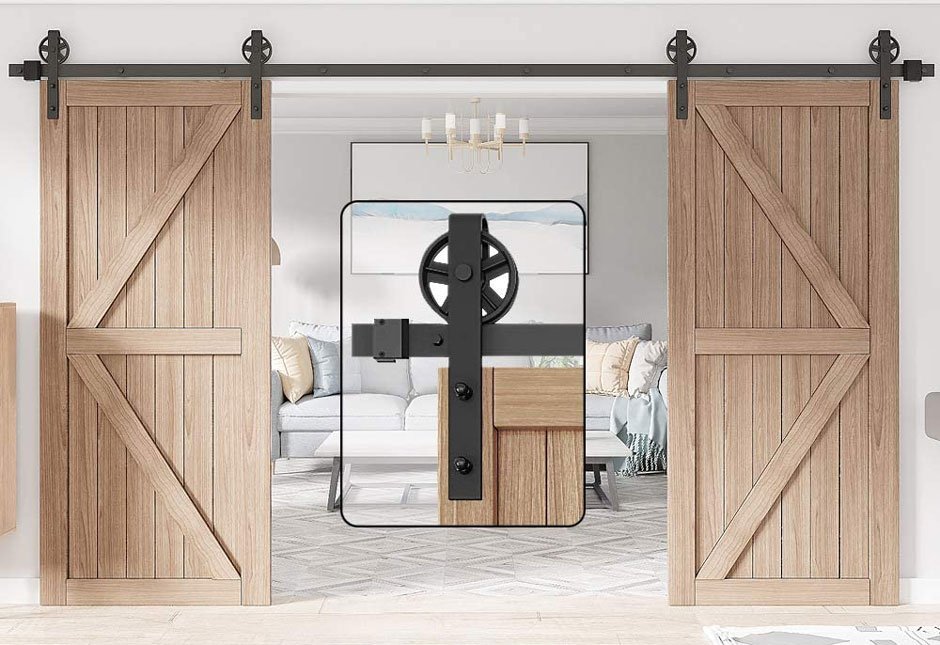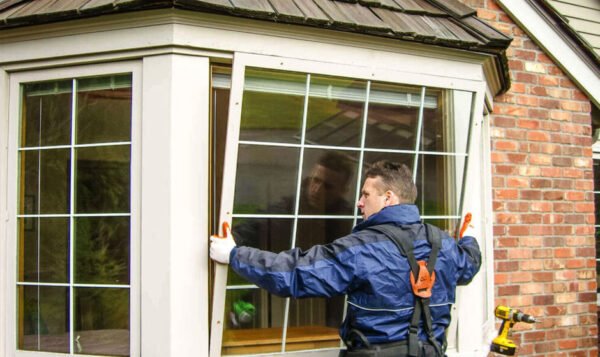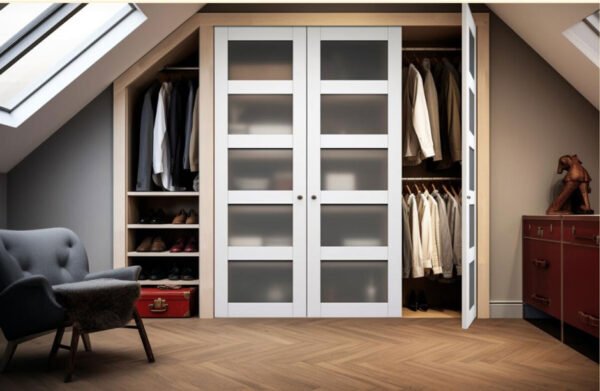Soft Close Barn Door Hardware vs. Traditional and Sliding Door Hardware: A Comparison Guide

Choosing the right door hardware is an important decision that can impact the functionality and aesthetics of your doors. Soft close barn door hardware is becoming increasingly popular for its quiet operation and improved safety features. However, there are many other types of door hardware available, including traditional hinges and sliding door tracks. In this article, we will compare the advantages and disadvantages of soft close barn door hardware with other types of door hardware.
Traditional Door Hardware:
Traditional door hardware includes hinges, doorknobs, locks, and other components that have been used for centuries. Hinges are the most common type of traditional door hardware and are available in a variety of materials and finishes. They allow the door to swing open and closed and come in different sizes and shapes to accommodate various door sizes and weights.
One of the biggest advantages of traditional door hardware is its simplicity. Hinges are easy to install and require minimal maintenance, making them a popular choice for residential and commercial applications. However, traditional door hardware can also have some drawbacks. For example, hinges can be noisy and may cause the door to slam shut if not installed correctly. Additionally, hinges can wear down over time and may need to be replaced.
When compared to soft close barn door hardware, traditional door hardware is typically less expensive and easier to install. However, it may not provide the same level of safety and noise reduction that soft close mechanisms can offer.
Sliding Door Hardware:
Sliding door hardware is another popular option for doors, particularly in spaces where traditional swinging doors are not practical. Sliding door hardware includes tracks, rollers, and other components that allow the door to slide open and closed. There are many different types of sliding door hardware available, including bypass, pocket, and barn door systems.
One of the biggest advantages of sliding door hardware is its space-saving design. Sliding doors do not require the same amount of clearance as traditional swinging doors, making them ideal for smaller spaces. Additionally, sliding door hardware can be an attractive design feature, with many different materials and finishes available to match any decor.
However, sliding door hardware can also have some drawbacks. For example, sliding doors can be more difficult to install than traditional swinging doors, requiring additional components and more precise measurements. Additionally, sliding doors can be noisy and may require regular maintenance to keep the tracks and rollers working smoothly.
When compared to soft close barn door hardware, sliding door hardware can offer some of the same space-saving benefits, but may not provide the same level of noise reduction or safety features.
Soft Close Barn Door Hardware:
Soft close barn door hardware is a newer option that has gained popularity in recent years for its quiet operation and improved safety features. Soft close mechanisms typically use hydraulic dampers, spring-loaded systems, or pneumatic pistons to slow down the door as it closes, preventing slamming and reducing noise.
One of the biggest advantages of soft close barn door hardware is its quiet operation. Soft close mechanisms can greatly reduce noise levels, making them ideal for spaces where noise reduction is important. Additionally, soft close mechanisms can improve safety by preventing doors from slamming shut, which can be a hazard for children or pets.
However, soft close barn door hardware can also have some drawbacks. For example, it can be more expensive than traditional or sliding door hardware, and may require additional installation steps to ensure proper function. Additionally, soft close mechanisms may require additional clearance or space to accommodate the hardware.
When compared to traditional and sliding door hardware, soft close barn door hardware can offer superior noise reduction and safety features. However, it may come at a higher cost and require additional installation steps.
Factors to Consider:
When choosing door hardware, there are several factors to consider. Functionality and ease of use should be a top priority, as the hardware should meet the needs of the space and users. Aesthetic considerations should also be taken into account, as the hardware should match the overall design of the space. Cost and installation requirements can also be a deciding factor, as some types of door hardware may be more expensive or require more extensive installation.
Durability and maintenance are also important considerations. Traditional door hardware may require less maintenance than sliding or barn door hardware, but may not be as durable over time. Sliding door hardware may require more maintenance to keep the tracks and rollers working properly, but can be more durable than traditional hardware. Soft close barn door hardware can offer both durability and ease of maintenance, but may come at a higher cost.
Conclusion:
In conclusion, there are many different types of door hardware available, each with their own advantages and disadvantages. Traditional door hardware is simple and easy to install, but may not offer the same level of safety and noise reduction as other options. Sliding door hardware is space-saving and can be an attractive design feature, but may require more maintenance than other options. Soft close barn door hardware offers superior noise reduction and safety features, but can come at a higher cost.
When choosing door hardware, it is important to consider the functionality, aesthetics, cost, installation requirements, and durability of each option. Ultimately, the best type of door hardware will depend on the specific needs of the space and users. By considering these factors and comparing the different options available, you can make an informed decision and choose the best door hardware for your needs.



